You know a judicial document is going to be a great read when it is captioned:
Order Denying MAAF’s Motion to Preclude the French Phrase ”Quel Jeu Doit-on Jouer Vis-à-vis des Autorités de Californie?” From Being Translated as “What Game Must We Play With the California Authorities?”
This opinion from U.S. District Judge A. Howard Matz (C.D. Cal.) stemmed from the judge’s frustration in overseeing a series of over-litigated lawsuits arising from the collapse of a California insurance company. The motion giving rise to the order, after all, was the twentieth motion in limine the judge had addressed in recent days.
Judge Matz seemed irritated that “some of the French litigants caught up in these complicated cases are still coping with the ‘mystifying’ peculiarities of American courts. They appear to assume, for example, that no judge is capable of using common sense (and perhaps some pre-existing familiarity with French) to understand a straightforward French phrase.”
The motion turned on the meaning of the French word “jeu” in a document addressed to one of the French defendants. The document posed a question: “Quel jeu doit-on jouer vis-à-vis des autorités de Californie?” The California Insurance Commissioner’s expert asserted the question translates to: “What game must we play with the California authorities?” The defendant’s expert claimed it means: “What approach must we take with the California authorities?”
Judge Matz accused the defendant’s expert of playing games with the court (paragraph breaks inserted):
If M. Simonet [composer of the document] was not speaking about a “game,” surely Ms. Zarelli [defendant’s expert translator] is playing one. The problems with her declaration are abundant. First, she relies only on a French-to-French dictionary. Wouldn’t the fairest, most reliable way to ascertain the correct English meaning of “jeu,” as M. Simonet used it, be to consult a French to English dictionary?
That’s what the Commissioner’s expert translator does: she points to Harrap’s Shorter Dictionnaire. . . . And what does that more reliable source reveal? Zut alors! Of the many definitions and examples of how “jouer” and “jeu” are translated, almost all are perfectly consistent with how “jeu” was translated in the document that MAAF seeks to keep out: as a “game,” and often with a connotation of “trickery.” Harrap’s even translates “jouer le jeu” as “to play the game.” It translates other examples of the use of “jeu” into such familiar, straightforward English words andphrases as “all this fooling around;” “what’s your game?;” “to play into one’shands . . ..”
Moreover, as the Commissioner’s language expert points out, the definition that Ms. Zarelli happened to choose — “manière d! agir” — includes, if one bothers to take the complete entry into account, which Ms. Zarelli did not do — “manège” and “stratagème.” The connotations of those terms are hardly helpful to MAAF; they mean “ploy” or “trick.” In short, both the literal meaning and the context in which M. Simonet asked his not-so-rhetorical question “Quel jeu doit- on jouer vis-à-vis des autorités de Californie?” is entirely consistent with “What game must we play with the California authorities?”
Judge Matz must have been enjoying himself by this point because he added a closing footnote comparing the bravery and last name of the plaintiff’s lawyer—one “Ney”—to “Ney, the Duc d’Elchingen and Prince de la Moskova,” an army commander who Napoleon once called “the bravest of the brave.”
What did the lawyer do that was so brave? He had the nerve (“considerable fortitude,” as Matz put it) to file what the judge considered to be a ridiculous motion.
— Garamendi v. Altus Fin. S.A., Case No. CV-99-2829 (CWx) (C.D. Cal, Feb. 10, 2005). Thanks to Michael Barclay


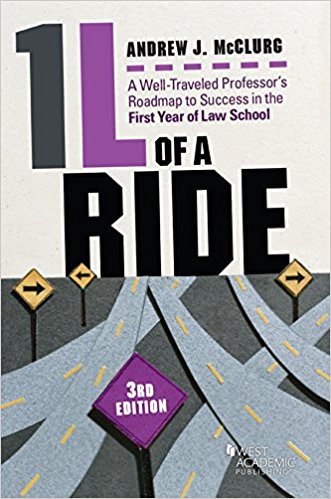
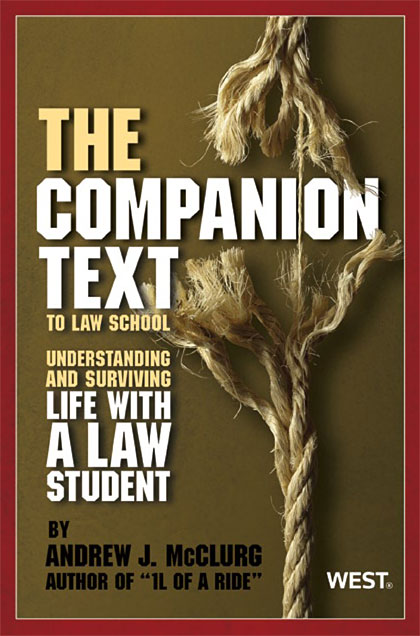




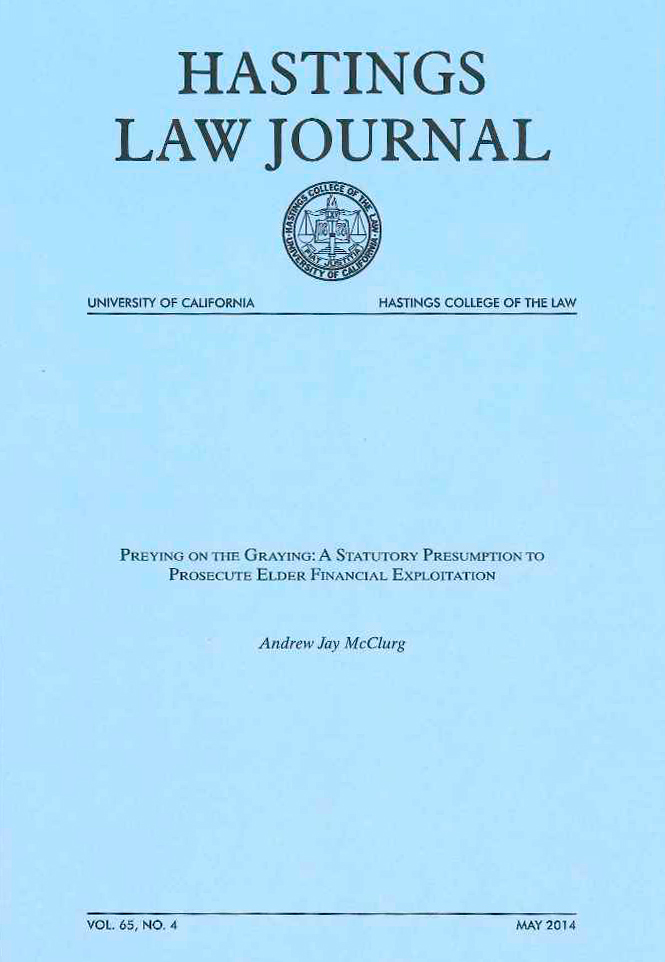
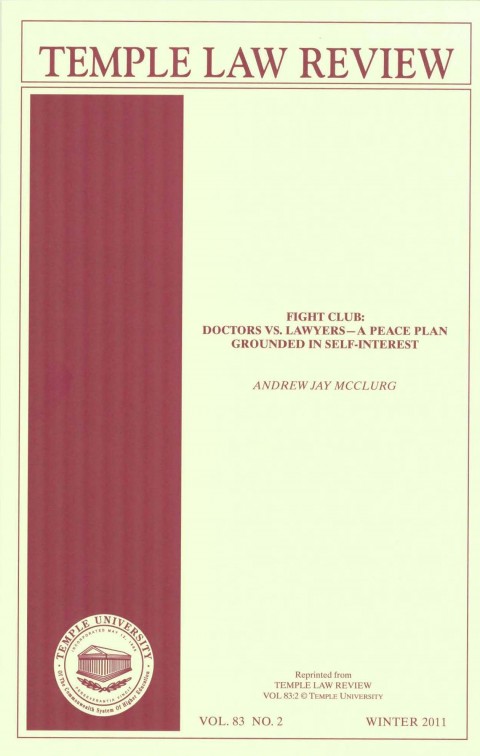
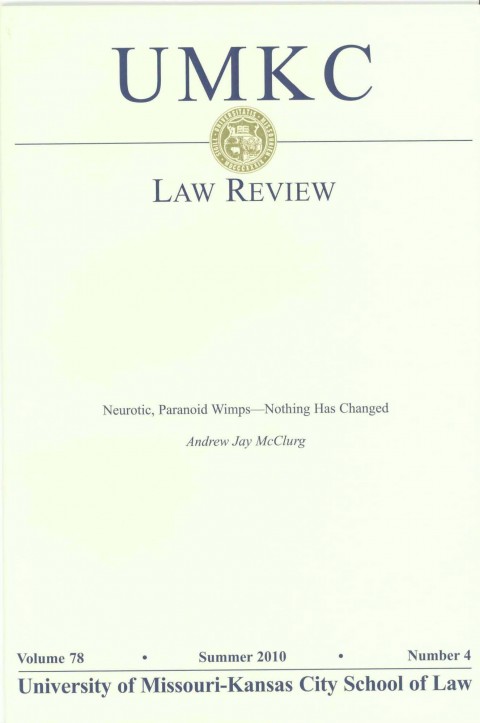
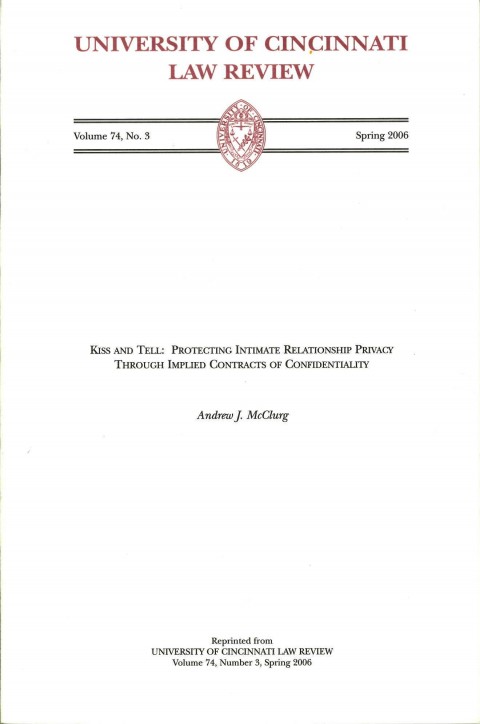
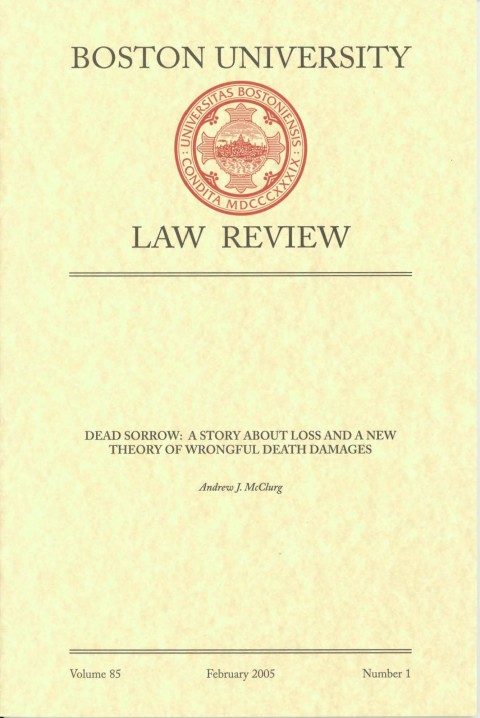
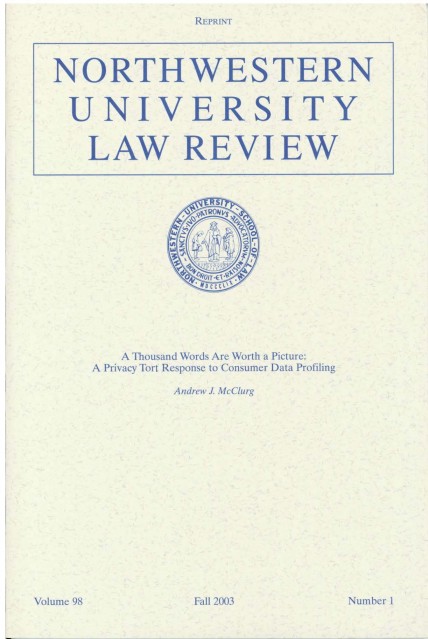
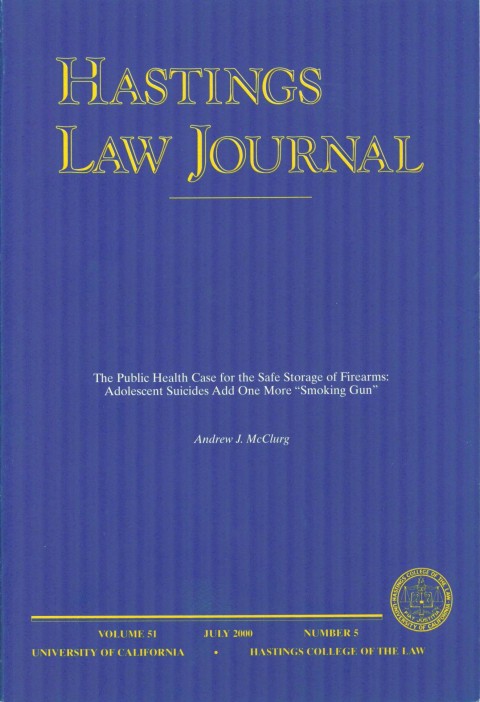
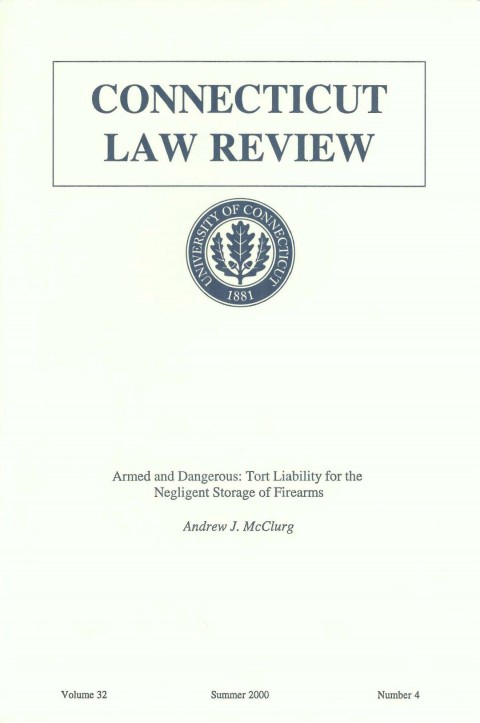
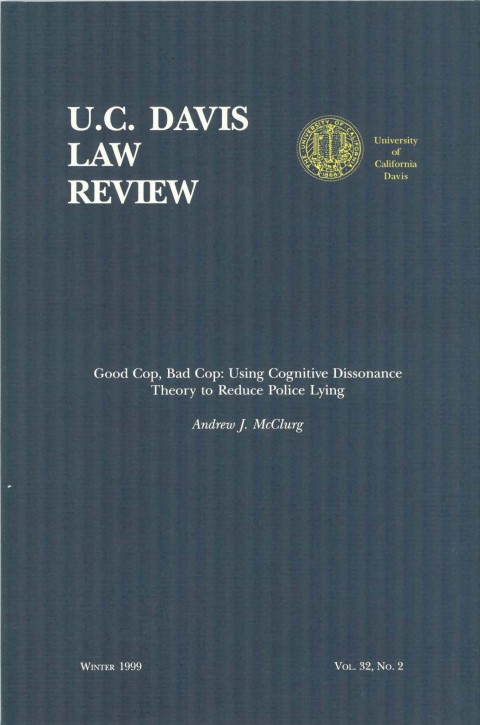
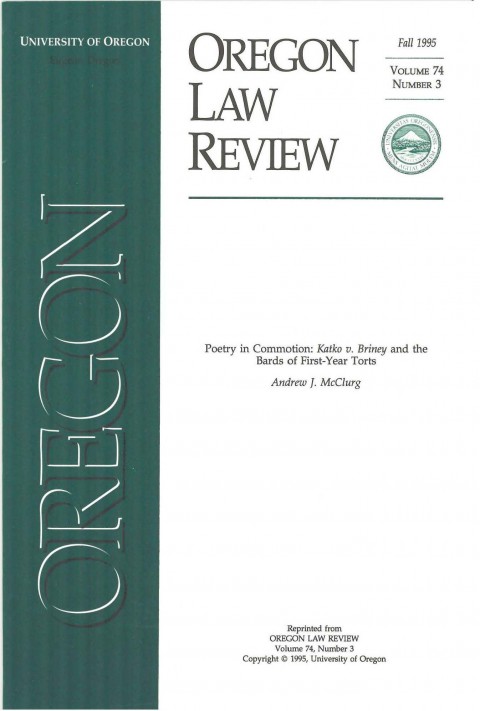
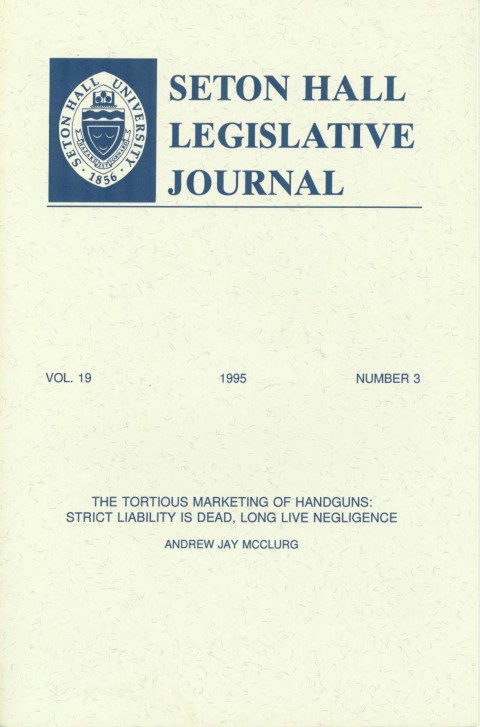
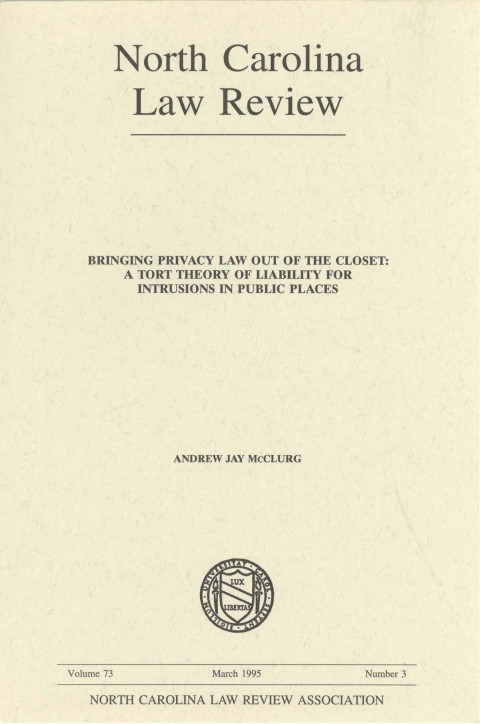
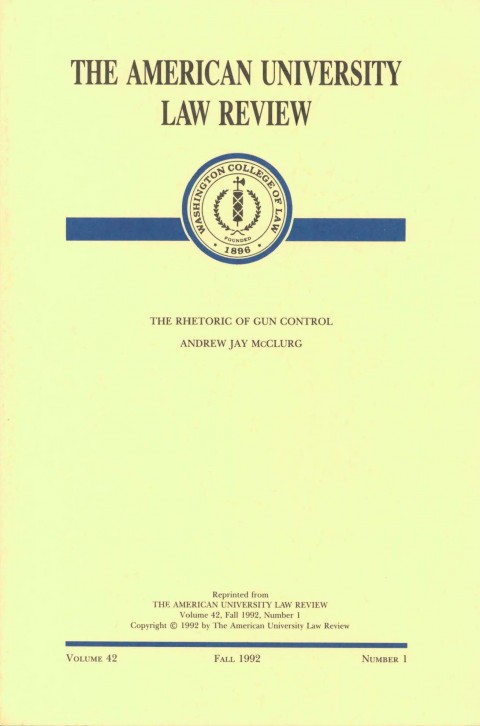
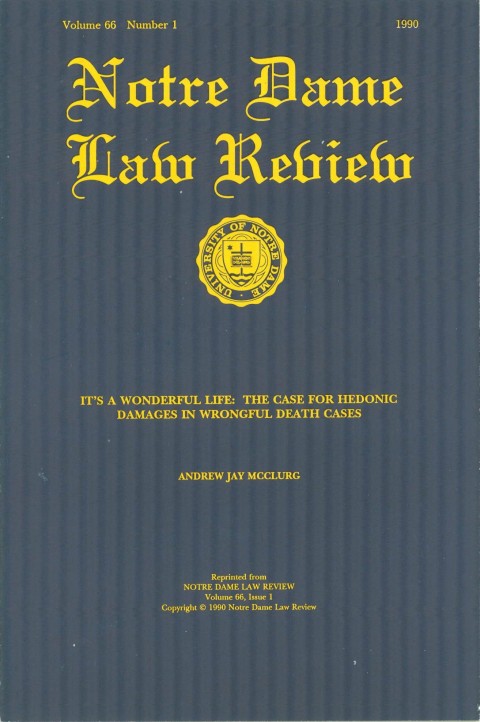
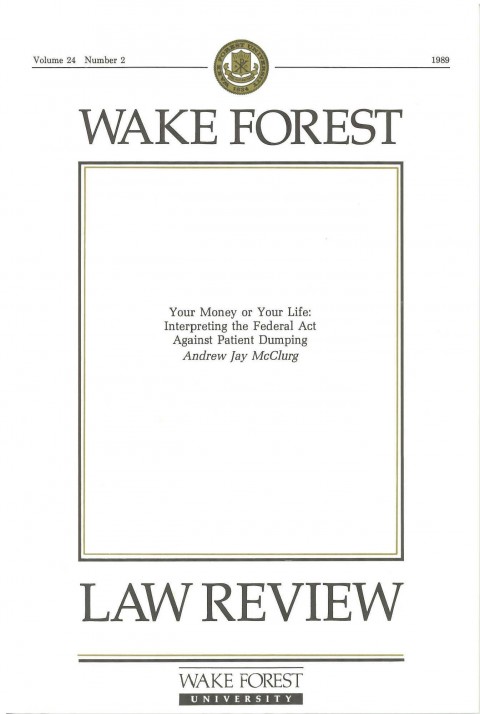
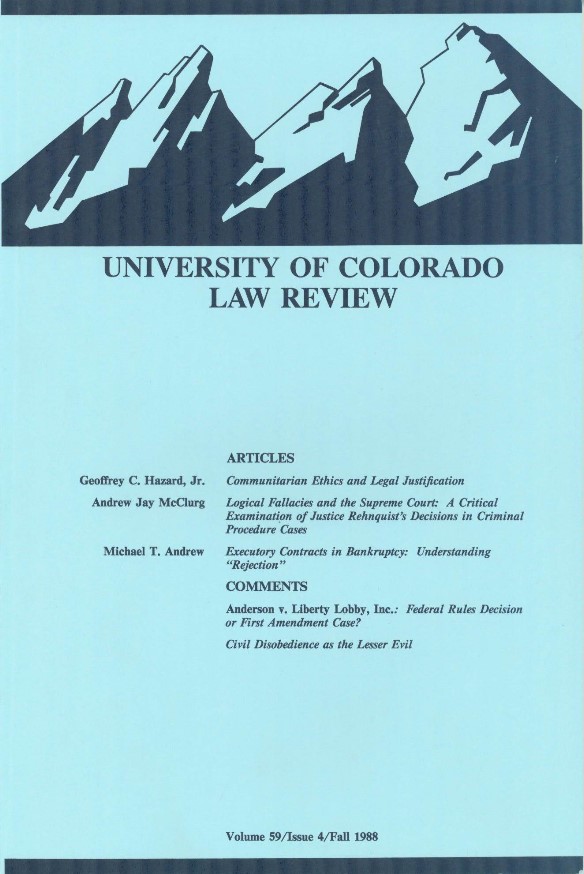
Leave a Reply